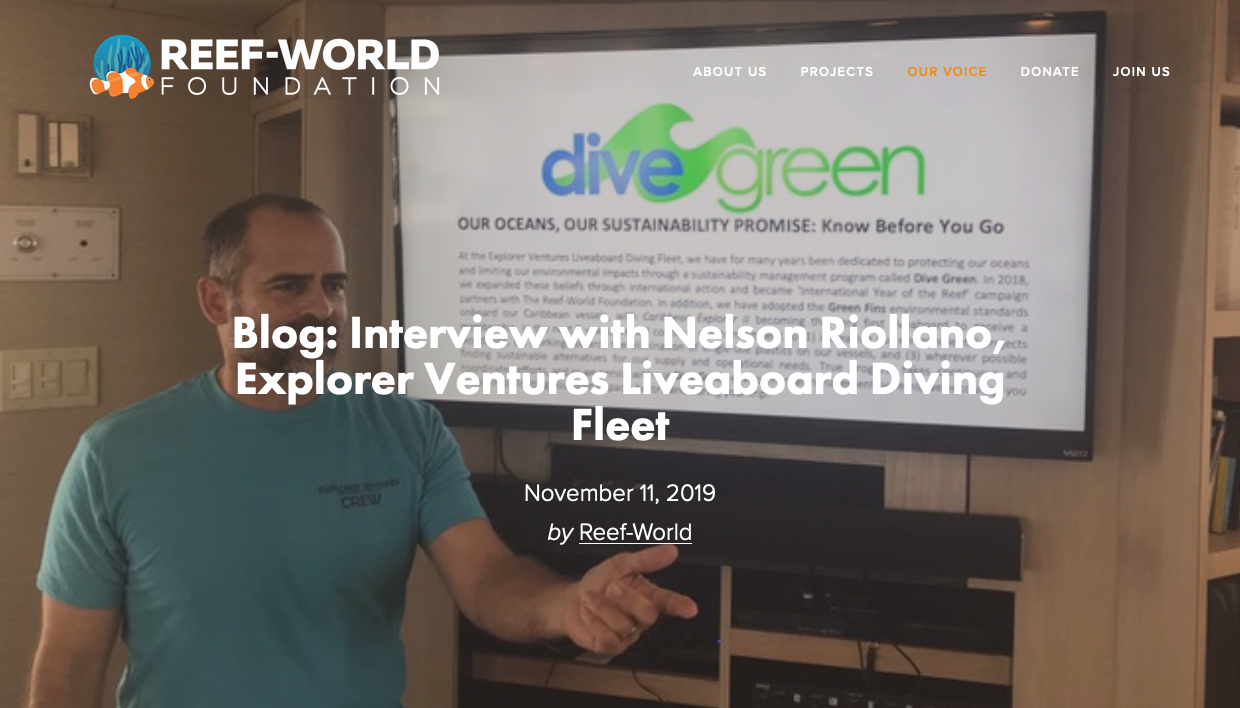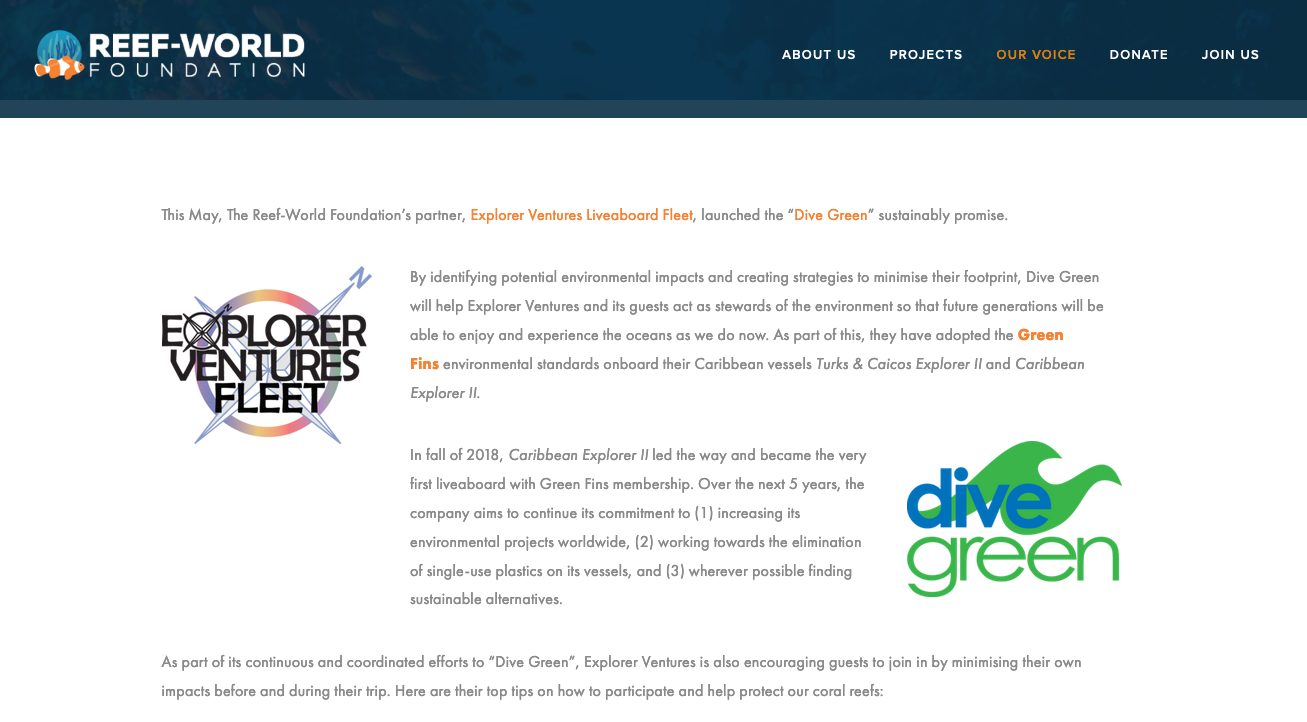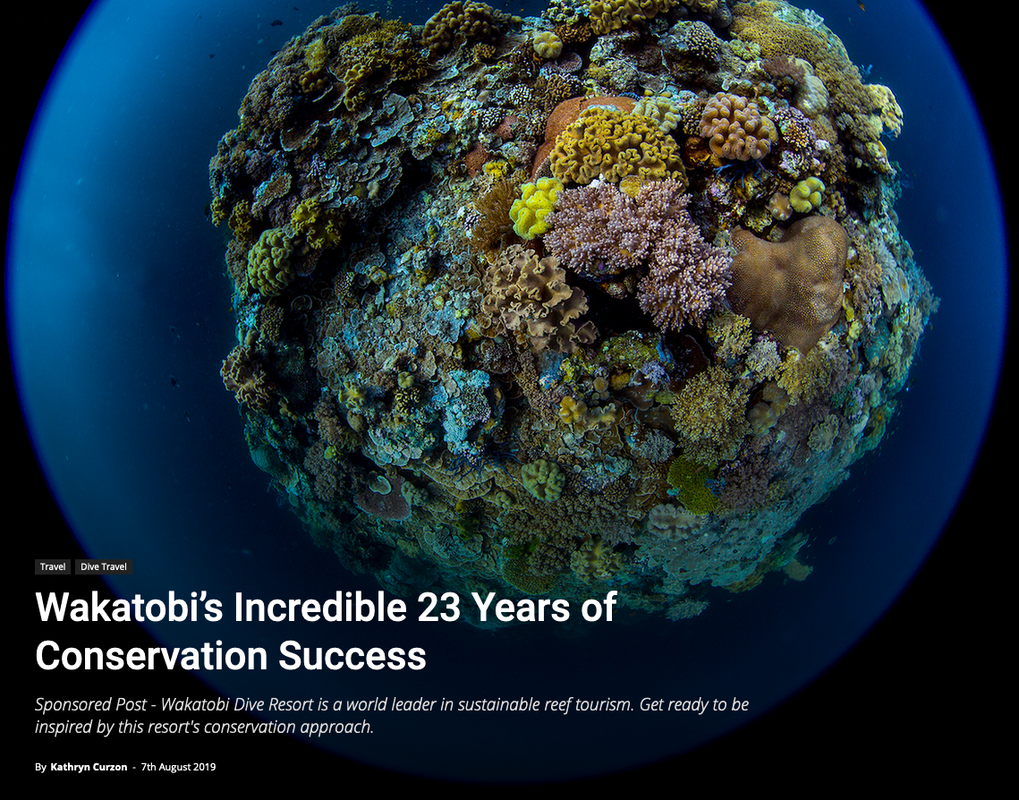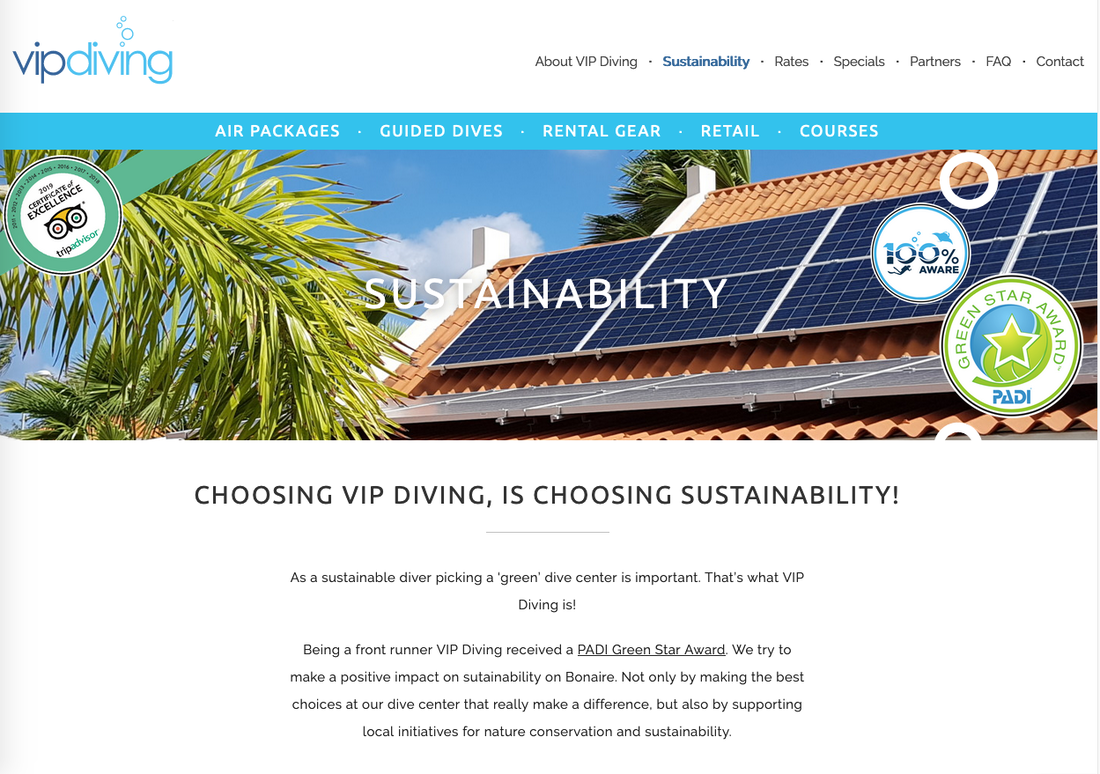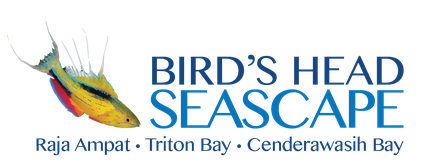Blue Citizenship: Creating a New Generation of Professional Divers From Institutional to Citizen-Science
Leo L. CHAN1,2, J.J. WU1,2, Ken K. C. YIP1,2 and Lawrence L. CHAN3
1 Shenzhen Key Laboratory for the Sustainable Use of Marine Biodiversity, Research Centre for the Oceans and Human Heath, City University of Hong Kong Shenzhen Research Institute, Shenzhen, People’s Republic of China;
2 State Key Laboratory of Marine Pollution and Department of Biomedical Sciences, City University of Hong Kong, Tat Chee Avenue, Kowloon, Hong Kong SAR, People’s Republic of China;
3 Sea Dweller Underwater Academy, Hong Kong SAR, People’s Republic of China;
The 21st century is the century of the ocean. Marine innovation technology is continuously making new breakthroughs and has led to the development of new marine industries. These industries have created new opportunities for solving problems related to the food, health, pharmacology and energy sectors. An increasing number of countries now regard sustainable ocean development and utilization as national strategies.
With an increase in the popularity of scuba diving, a huge market demand for diving in China (including the need for professional training, diving professionals and equipment, underwater instruments and communication) will form the virtual circle of supply chains that lead to the direct transformation of technologies into productivity and create substantial business value with good market prospects. Scuba diving is a popular recreational activity; it is also an essential tool in underwater scientific research.
Scientific diving is defined as diving performed solely as a necessary part of a scientific, research, or educational activity. Despite the increasing importance of scientific diving, there is no formal scientific diving training in Asian countries, and the majority of scientific divers can obtain their certification only through recreational diving training. Although there are similarities between scientific diving and recreational diving, the distinction in the degree of diving safety management and control is evident.
Under these circumstances, we capitalize on the booming recreational diving training industry as a base for the developing of a new scientific diving training program and certification system which has already cross-overed with Confédération Mondiale des Activités Subaquatiques (CMAS). Through scientific diving education, we hope to improve our capabilities in underwater research, marine surveys and exploration, and to allow scientific researchers and scientific divers to have a better understanding of the complicated underwater environment, and to better serve marine environmental scientific research and innovative technologies development.
Recognizing the importance of support from both public and academies, we wish to promote and raise public awareness concerning the protection of marine environments, the conservation of marine biodiversity and the sustainable use of valuable marine resources through promoting scientific diving training and related activities. In this regard, we would set up a marine citizen scientist training programme, known as Blue Citizenship, to promote scientific diving among students and general public. Despite the promotion and practice of Blue Citizenship is still in its infancy in the greater China region, we believe that the scientific diving education and its application will serve as vehicle for promoting China’s marine scientific, technological and cultural advancement. It will provide opportunities for the development of the peripheral industries, furthermore, our innovative education and soon-to-be established certification systems will demonstrate China’s innovation capacity, collective wisdom and unique culture to the world.
Leo L. CHAN1,2, J.J. WU1,2, Ken K. C. YIP1,2 and Lawrence L. CHAN3
1 Shenzhen Key Laboratory for the Sustainable Use of Marine Biodiversity, Research Centre for the Oceans and Human Heath, City University of Hong Kong Shenzhen Research Institute, Shenzhen, People’s Republic of China;
2 State Key Laboratory of Marine Pollution and Department of Biomedical Sciences, City University of Hong Kong, Tat Chee Avenue, Kowloon, Hong Kong SAR, People’s Republic of China;
3 Sea Dweller Underwater Academy, Hong Kong SAR, People’s Republic of China;
The 21st century is the century of the ocean. Marine innovation technology is continuously making new breakthroughs and has led to the development of new marine industries. These industries have created new opportunities for solving problems related to the food, health, pharmacology and energy sectors. An increasing number of countries now regard sustainable ocean development and utilization as national strategies.
With an increase in the popularity of scuba diving, a huge market demand for diving in China (including the need for professional training, diving professionals and equipment, underwater instruments and communication) will form the virtual circle of supply chains that lead to the direct transformation of technologies into productivity and create substantial business value with good market prospects. Scuba diving is a popular recreational activity; it is also an essential tool in underwater scientific research.
Scientific diving is defined as diving performed solely as a necessary part of a scientific, research, or educational activity. Despite the increasing importance of scientific diving, there is no formal scientific diving training in Asian countries, and the majority of scientific divers can obtain their certification only through recreational diving training. Although there are similarities between scientific diving and recreational diving, the distinction in the degree of diving safety management and control is evident.
Under these circumstances, we capitalize on the booming recreational diving training industry as a base for the developing of a new scientific diving training program and certification system which has already cross-overed with Confédération Mondiale des Activités Subaquatiques (CMAS). Through scientific diving education, we hope to improve our capabilities in underwater research, marine surveys and exploration, and to allow scientific researchers and scientific divers to have a better understanding of the complicated underwater environment, and to better serve marine environmental scientific research and innovative technologies development.
Recognizing the importance of support from both public and academies, we wish to promote and raise public awareness concerning the protection of marine environments, the conservation of marine biodiversity and the sustainable use of valuable marine resources through promoting scientific diving training and related activities. In this regard, we would set up a marine citizen scientist training programme, known as Blue Citizenship, to promote scientific diving among students and general public. Despite the promotion and practice of Blue Citizenship is still in its infancy in the greater China region, we believe that the scientific diving education and its application will serve as vehicle for promoting China’s marine scientific, technological and cultural advancement. It will provide opportunities for the development of the peripheral industries, furthermore, our innovative education and soon-to-be established certification systems will demonstrate China’s innovation capacity, collective wisdom and unique culture to the world.
